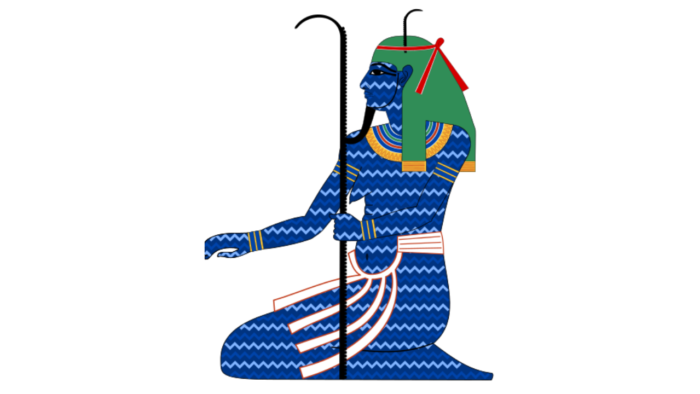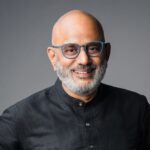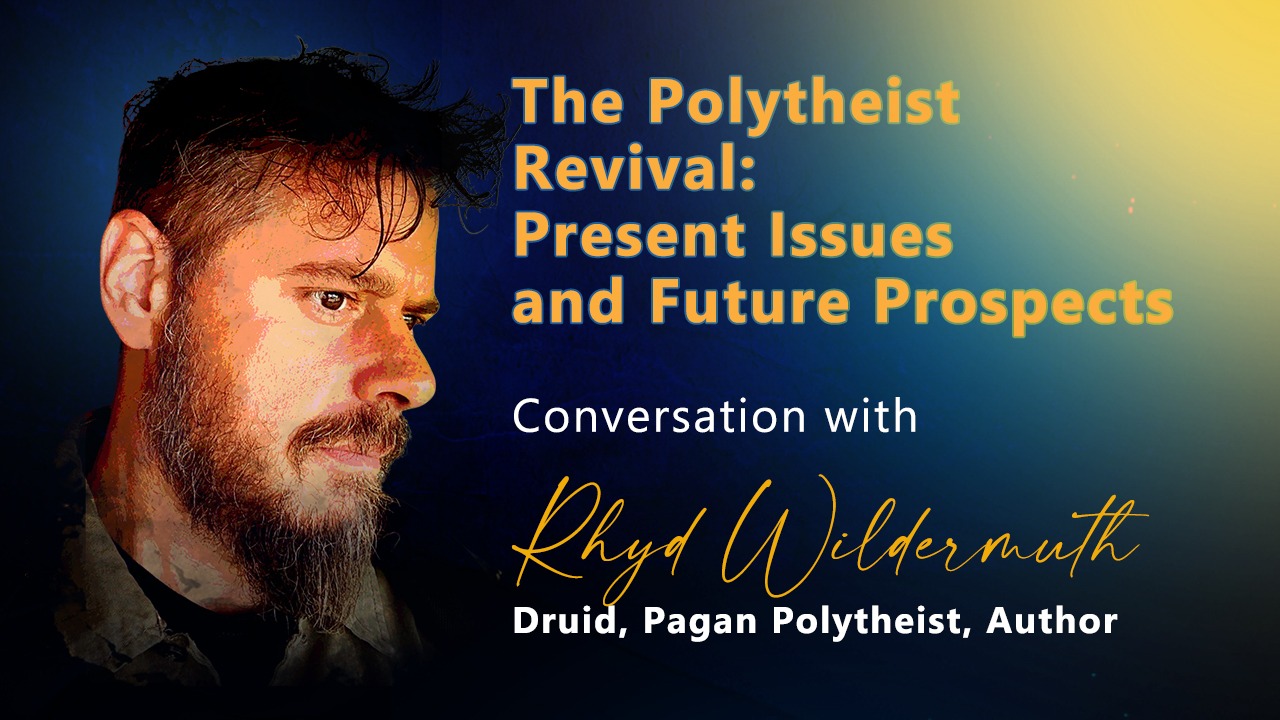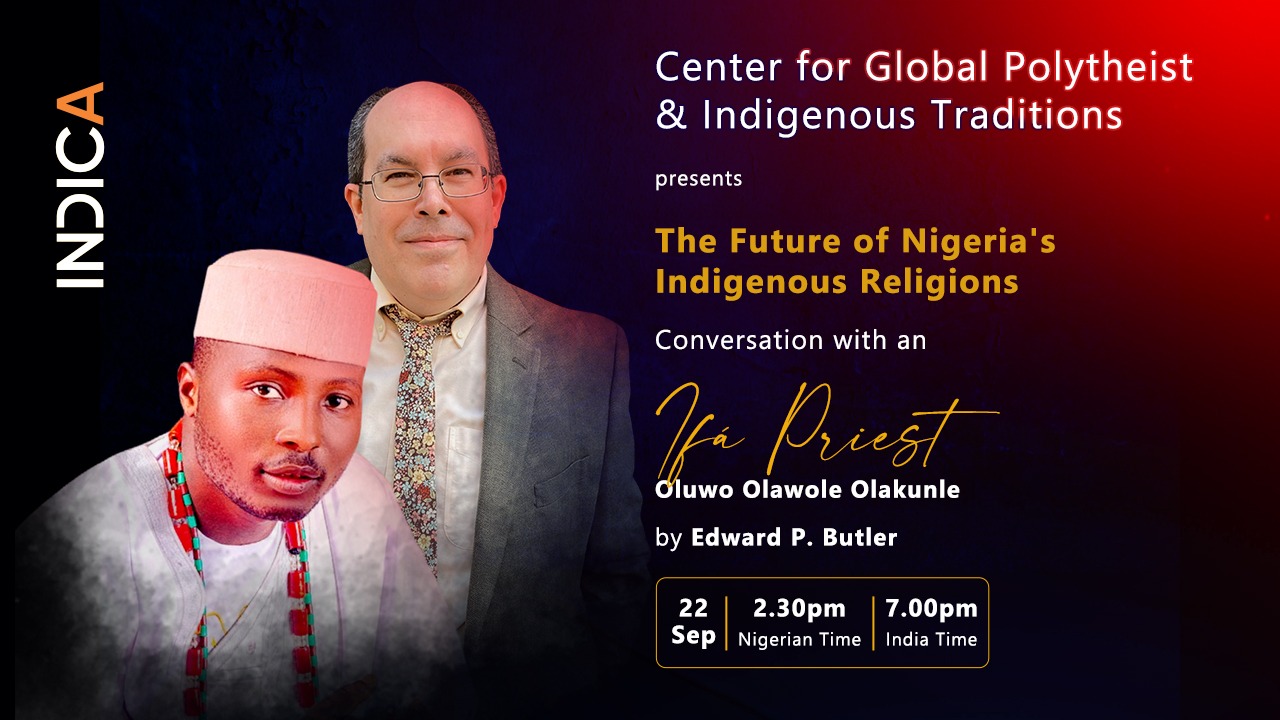The Multiverse is Here: Dialogues on Pluralism
Over the past fifty years, a great social labor of inclusion has been carried out in public and private institutions and in cultural spaces. Diversity and inclusion are now accepted as goals by corporations which have maximizing shareholder value as their sole mandate, and by public institutions governed by majority rule, demonstrating that ideals can, to at least some extent, become effective over narrow calculations of self-interest. The space of cultural expression and representation has opened up in ways scarcely imaginable a generation ago, and we can see now that the differences many feared to encounter held resources of creativity previously inaccessible. We see a wider horizon, and know that more lies beyond than we can see.
Now that the space of ideals is open, we must take the next step, and begin a dialogue about the fundamental principles according to which a common project may be joined. People differ, not just in appearances, but also in what they conceive the very world itself to be. Shared values may unite certain agents across certain differences, but if we try to find ones that will stretch across all divisions they will likely be too thin to be consequential. Genuine diversity means that when we bring our differences to the table, it may not be the same table.
And yet the world is not more diverse today than in the past, but in many ways less, with fewer languages spoken, and greater pressures toward homogeneity. How can we reverse this trend, resingularizing and repluralizing so as to maximize our adaptive potential? Are there resources we have not tapped in what we have alienated and othered, to confront the unknown?
The Center for Global Polytheist and Indigenous Traditions at Indic Academy seeks to begin a series of dialogues on moving beyond diversity to pluralism by reopening the eternal questions of chaos and cosmos.




